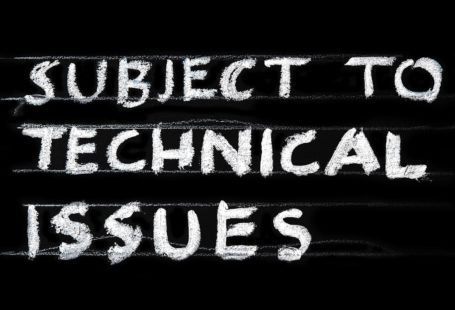Professional investors and casual investors alike have a growing appreciation for the benefits of passive investing. With the growth of smart-beta indexes, enhanced indexing strategies, and other innovations, it’s become easier than ever before to build a portfolio that tracks a particular segment of the market, such as value stocks or small-cap businesses. Moreover, the fee structures associated with these indexers are generally very favorable — much more so than typical actively managed funds. The expense ratios for many index funds are around 0.20%, compared to 1% or more for most actively managed funds. So why wouldn’t every investor buy passive index funds? This article will explore the pros and cons of different platforms, including the best platform to buy Index Funds.
What is an Index Fund?
An index fund is a type of mutual fund that attempts to replicate a specific benchmark, such as the S&P 500. In other words, it’s an investment that passively tracks a particular segment of the market, with no attempt to outperform. Instead, the focus is on reducing risk by matching the average return of an entire segment of the market. Owners of such funds are generally paid dividends on a quarterly basis, and capital gains taxes are triggered only when shares are sold. The investment strategy behind index funds is simple: the more stocks you own, the more diversified you are. So if you can own the entire market, you are maximally diversified and therefore have the lowest risk possible. Index funds accomplish this by holding all the stocks in a particular index
Bottoms in the investment world don’t end with four-year lows; they end with 10- or 15-year lows. — Jim Rogers
How to Buy an Index Fund
Buying an index fund is pretty straightforward. You can do so via almost any brokerage firm or platform. You can also buy a fund directly from the fund company, if they offer direct-to-shareholder purchase. Many of the largest mutual fund companies, such as Vanguard or Fidelity, will have an index fund available. Just remember that buying a mutual fund is not the same as buying an index fund. In order to buy an index fund, look for funds with “index” in the name, or funds with a high “index” or “passive” percentage in their investment objective.
Which Platform Is Best to Buy an Index Fund?
There are several different brokerage firms that offer the ability to buy index funds. Some of the top-rated platforms are Charles Schwab, E-Trade, and TD Ameritrade. To buy an index fund on any of these platforms, you’ll first need to open an account (usually a free and easy process). From there, you can browse and buy any index fund that’s available through your brokerage. Beyond account type and fund selection, there are a few factors to consider when deciding on which platform is best to buy an index fund. – Account minimum – If you’re just starting out and don’t have much saved up, you’ll probably want to go with a platform that has no minimum account balance. A number of major brokers have no minimum balance requirement, including Fidelity, E-Trade, and Schwab. – Trading commissions – While most of these brokers offer commission-free ETF purchases, you’ll still likely have to pay a fee to buy an index fund. – Other account features – While these are all great platforms, each one has its own unique features. You may want to consider these when choosing between them.
Advice for New Investors
If you’re just getting started in the world of investing, buying index funds may be a great place to start. For many investors, especially those who are just starting out, index funds can be a great solution. However, if you’re a more experienced investor, and you have a specific investment strategy you’re trying to accomplish, you may want to look into actively managed funds. Remember, while index funds are generally a great option, there’s no one-size-fits-all solution when it comes to investing. Before making any investment decisions, you should always do your research and understand the specific risks and potential returns associated with each type of fund.
Summary
An index fund is a type of mutual fund that attempts to replicate a specific benchmark, such as the S&P 500. The investment strategy behind index funds is simple: the more stocks you own, the more diversified you are. So if you can own the entire market, you are maximally diversified and therefore have the lowest risk possible. Index funds accomplish this by holding all the stocks in a particular index. Buying an index fund is pretty straightforward. You can do so via almost any brokerage firm or platform. You can also buy a fund directly from the fund company, if they offer direct-to-shareholder purchase. There are several different brokerage firms that offer the ability to buy index funds. Beyond account type and fund selection, there are a few factors to consider when deciding on which platform is best to buy an index fund. If you’re just getting started in the world of investing, buying index funds may be a great place to start. However, if you’re a more experienced investor, and you have a specific investment strategy you’re trying to accomplish, you may want to look into actively managed funds.






